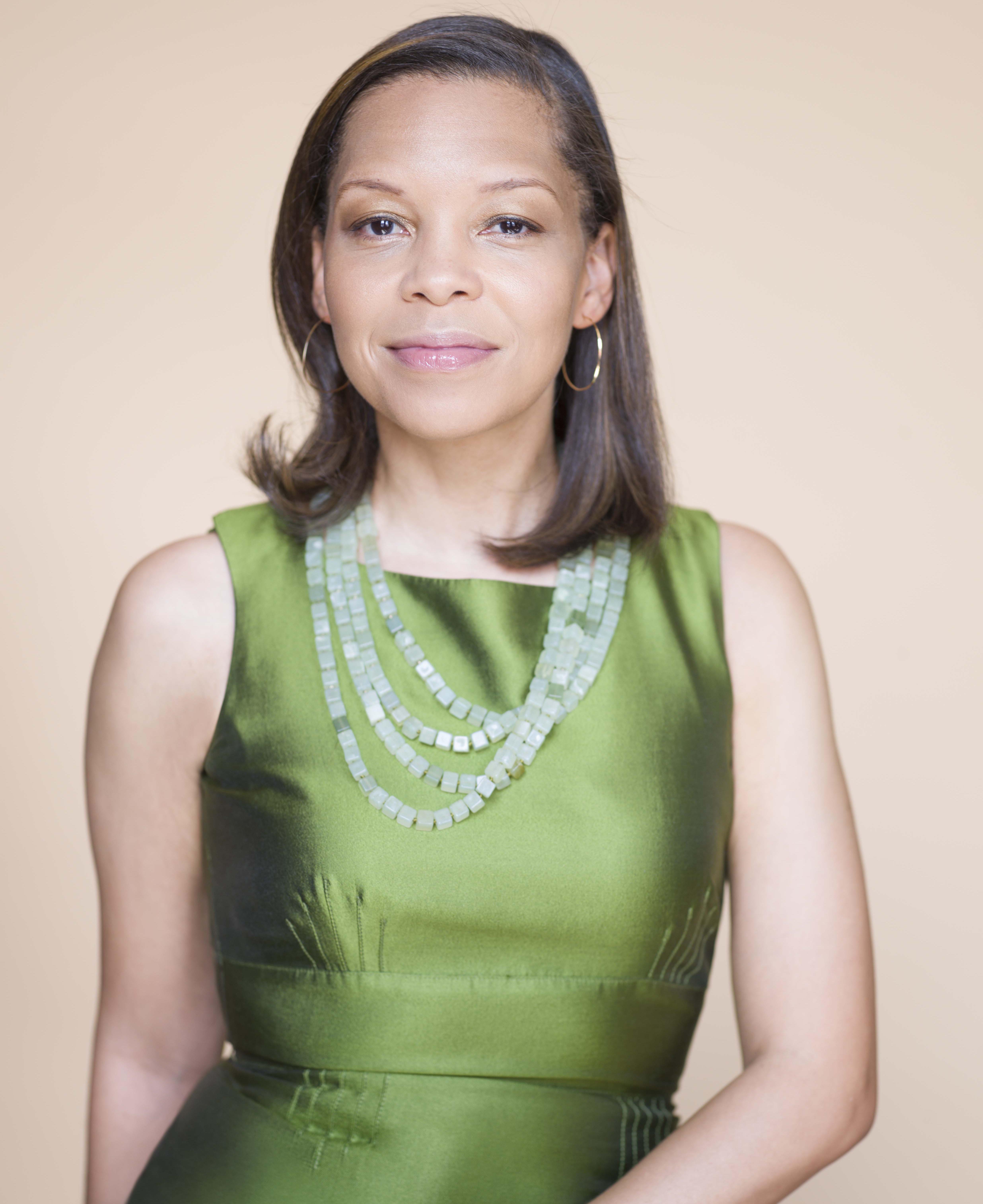Dayton Docket

Setting The Stage For Success
By Carole Judge
Anna Glass ’99 wanted to get a law degree. She also wanted to dance. After all, she had spent a lifetime studying dance everywhere from the Interlochen Arts Academy in her native Michigan to New York City. She wasn’t ready to completely give up the barre for the bar.
Dayton provided a place where she could do both.
With an undergraduate degree in history and a minor in economics from Oberlin College, Glass spent the summer of 1996 as part of a choreography team for the Olympics in Atlanta. At the end of that same summer, she moved to Dayton but she admits a legal education wasn’t the only thing on her mind.
“I had that dance bug,” says Glass, who wanted to perform; and she did. Somehow, she managed to fit coursework in contracts and intellectual property (IP) along with local performances with the repertory-training ensemble of the internationally-renowned Dayton Contemporary Dance Company (DCDC), known as DCDC 2.
Mastering not one, but two, demanding educational goals paid off for Glass, who currently serves as the Executive Director of the Dance Theatre of Harlem (DTH), the famed company founded by the late Arthur Mitchell. He broke barriers as the first black dancer with the New York City Ballet.
Glass and other caretakers of the organization are keenly aware of Mitchell's legacy as the company continues to make history on the world stage.
“I could have easily made the decision to pursue a career in law, but I’m much happier having brought the skills I learned in law school to my passion – the arts,” says Glass.
DCDC also gave Glass the opportunity to use her IP skills after graduation as a booking agent based in New York, where she handled music rights clearance for their shows.
Throughout her career, she has focused much of her work on ensuring opportunities for minorities, believing the arts should more fully reflect the diversity of our nation.
She launched her own endeavor dedicated to preserving and documenting the legacies of prominent black artists and cultural institutions, and served as the managing director of 651 ARTS, a presenting/producing arts organization dedicated to celebrating contemporary performing arts of the African Diaspora.
Glass says institutions like the DTH have been involved in equity, diversity and inclusion for 50 years, long before the topic became trendy, and that no one should take credit for beginning a conversation when others are just catching up with it.
She also explains the hardest part of her job is insuring all aspects of the institution are moving in sync. Her duties include overseeing organizational strategy and fundraising for an institution that includes a school for more than 400 students, a professional touring company and an arts education program that works with thousands of public school students across the country.
“It’s like being the driver of a stagecoach where the horses are all going in a different direction and needing to maintain control of the direction,” she says.
Yet her own journey has not been direct, although being admitted to the New York State bar provided a leg up in the job market.
“My path wasn’t always clear, and it really meandered, but I’ve always used my law degree wherever I’ve worked, so I’m grateful I did it,” she says.
"When I was younger, I could jump to the front of the line. People paid more attention to me because I had that degree,” admits Glass who credits Dayton Law classmates for being supportive.
“I attribute my ability to make it through law school as a dancer to some really great people. I felt embraced and I still have a connection to a core group of friends,” she adds, noting that her husband, who operates his business from their home, encourages her now.
“It’s hard for any woman in a position like this. You always doubt yourself, afraid you’re not giving enough to home life and work life, but you have to give yourself a break,” she says. “The best part of my job is I get to expose my daughter to so much. She takes classes on Saturdays and knows the company members’ names. So even if I don’t get home in time for dinner and bath time, I know other aspects of my work will influence who she is.”
It’s not just the opportunities she can provide her own young daughter that make her feel most fortunate – it's also the ones she can offer others.
“Today I met a mother and daughter who walked in inquiring about classes,” she says. “I took them upstairs [to the studios]. That girl may or may not become a ballerina, but in that moment, I know we inspired a child.”
Glass met with current law students when she returned to Ohio at the end of January when Dayton and DCDC played host to the International Association of Blacks in Dance (IABD) 31st Annual International Conference and Festival.
